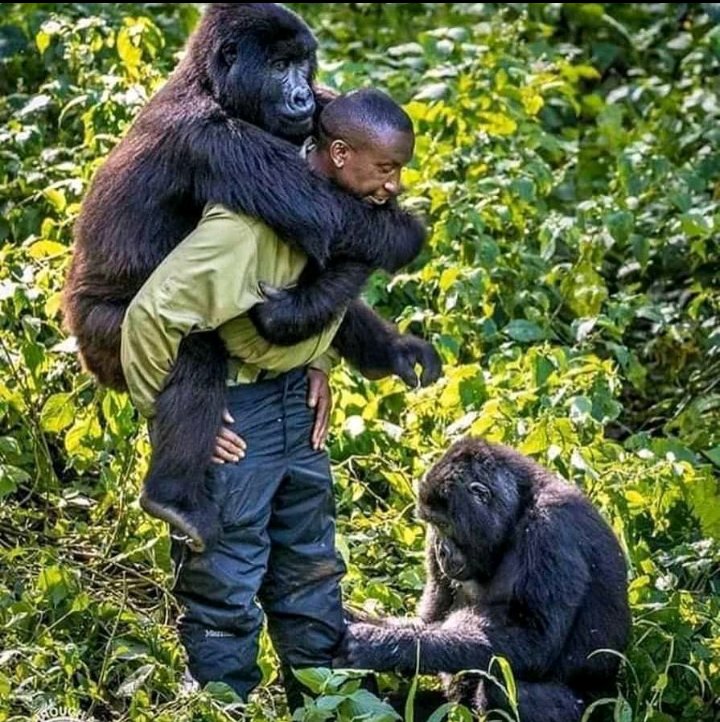The gift of a half-wanted hive took me into the world of bees, kept and wild: a place of generosity and attentiveness
Honeybees collect nectar from an Eryngium plant at Great Dixter in Northiam, East Sussex, on 4 August 2013. Photo by Chris Helgren/Reuters
Helen Jukes
is a British writer and writing tutor. She is the author of A Honeybee Heart Has Five Openings (2018) and her work has appeared in BBC Wildlife, the Junket and LITRO, among others. She tutors on the creative writing programme at the University of Oxford, and also works with the Bee Friendly Trust in London. She lives in Derbyshire in the UK.
2,800 words
Edited by Nigel Warburton
SYNDICATE THIS ESSAY
Tweet1,331
Aeon for Friends
Find out more
‘When I’m manning an information stall,’ my beekeeper friend Paul told me recently, ‘there’s one question I’m always asked: “Bees are in trouble, aren’t they?” I tell them: “Honeybees in the UK, not really; honeybees in the US, yes; wild bee species globally, yes.” Then I cram in as much detail as I can about the biodiversity crisis before their eyes glaze over and they wander off in the direction of the ice-cream van.’
Paul does himself an injustice – I could listen to him rattle on for hours. He’s one of those people with a knowledge gleaned from years spent watching the bees in his garden, watching the fields and hedgerows, chewing the fat with other beekeepers, and sifting through endless articles and research papers online. He makes the information interesting, by which I mean he adds colour to it, adds experience, adds story, shoehorning little anecdotes and details that make vertiginous issues such as biodiversity collapse pressing in a good way – a rallying way, a way that makes one want to step up and take note and make a difference.
He’s right about honeybee populations, too. Apis mellifera, the western honeybee, is a member of the genus Apis, known for its production of wax and honey, and for the fact that it lives collectively, as part of a colony. While losses in the US and Europe over the past two decades have focused attention on the plight of this species, at least in the UK and Europe populations now appear relatively stable.
In the US, where honeybees were brought over with European settlers in the 17th century, the situation is more complicated. Beekeepers report winter losses of around 30 per cent (this rose to nearly 40 per cent in the winter of 2018-19, the highest figure ever recorded in the 13 years since the survey commenced). So, although total hive numbers have improved since the declines brought about by Colony Collapse Disorder, this is being achieved mostly through increasingly invasive practices: beekeepers offset losses either by replacing colonies or ‘splitting’ existing ones, taking a portion of eggs, larvae, bees and food stores from a healthy colony and placing them in a new hive with a queen reared specially for the purpose. Since the reasons driving the high loss rates remain unaddressed, beekeepers are essentially having to work harder now than they were a few decades ago just to ‘stay in one place’.
Honeybees, of course, are a small part of a much larger picture – and this is where Paul’s comment about the biodiversity crisis comes in. There are around 20,000 bee species in the world, and a multitude of other pollinating insects, including wasps, beetles and hoverflies; and in the years since the first reports of honeybee losses, a far more devastating truth has come to light. In 2017, a study in Germany recorded a 75 per cent drop in flying insects during the past three decades, prompting newspaper headlines warning of an ‘insectageddon’. In 2019, a comprehensive review of research studies concluded that more than 40 per cent of insect species are in decline and a third are endangered globally – a shocking statistic, for which the main drivers are intensive agriculture, urbanisation and climate breakdown. Needless to say, these same factors are among those that have made honeybees vulnerable.
Insects are the most diverse group of animals on the planet – they include more than a million named species and represent more than half of all known living organisms. They pollinate most flowering plants, aid the breakdown of organic matter, and play an intrinsic part in many food webs; they are, according to the American biologist E O Wilson, ‘the heart of life on Earth’. So, it matters if they go missing. It matters in the way that it matters when any creature disappears (it just does), but it matters also because, by way of complex and interconnected networks we’re yet to fully understand, insects play a critical role in the ecosystems upon which much of our plant and creature life depends.
Sign up to our newsletter
Updates on everything new at Aeon.
Your email address
Daily
Weekly
See our newsletter privacy policy here
Most bees are solitary species. Many build their nests in or on the ground, and therefore rely on key habitats being available and undisturbed. Some, like honeybees, are generalists, meaning that they forage on a range of flowers; others are specialists, meaning that they’re dependent on particular plant species being present in their environment. Take the sunflower leafcutting bee, which collects pollen from sunflowers and builds nests out of leaves, using its mandibles (like giant teeth attached to the front of its head) to dig down into hard-packed soil and build a tunnel more than four times the length of its body. This bee was once common across the grasslands of north America but, since more than 90 p
